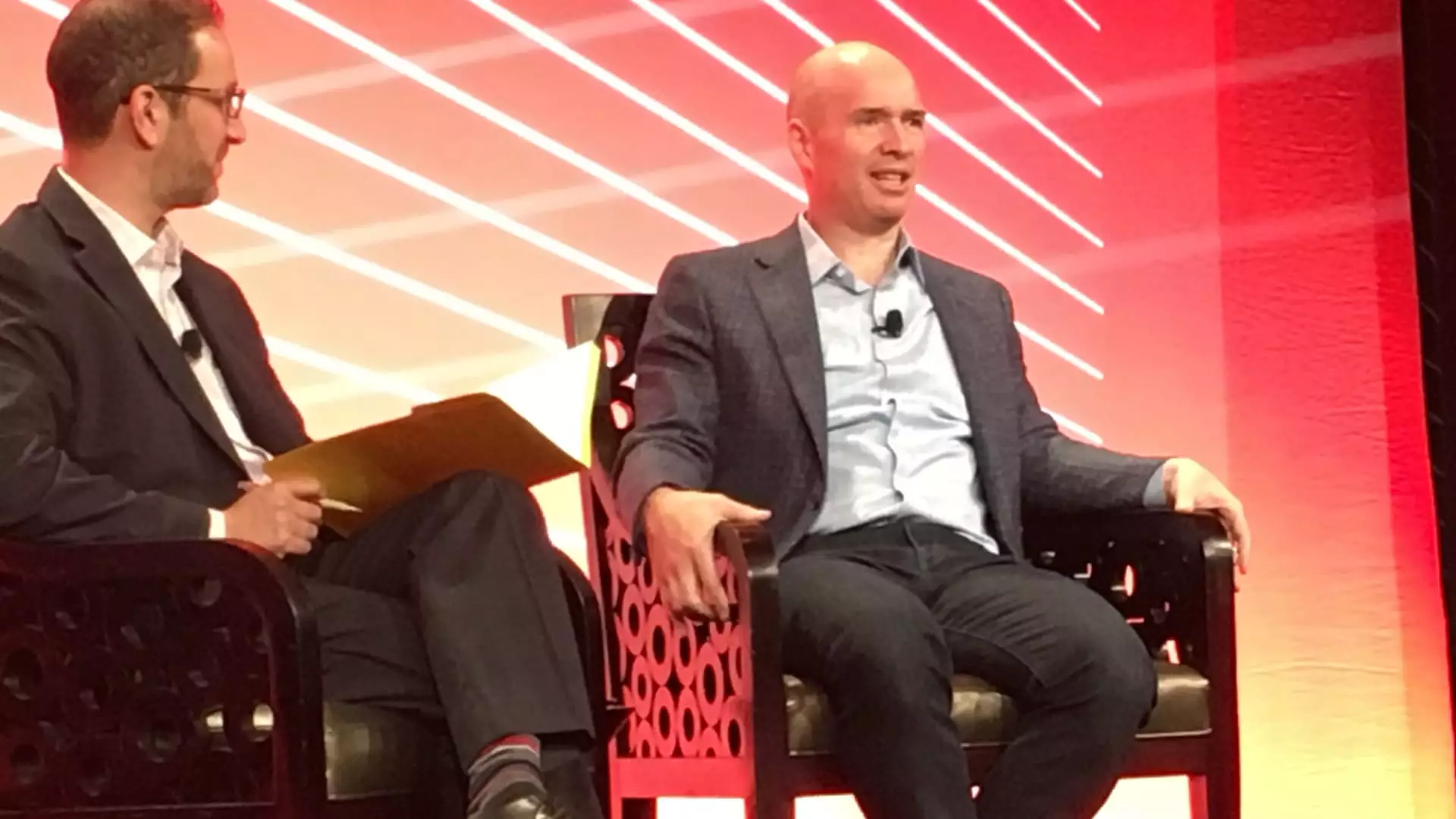The political arena has seen a growing trend of tech moguls and venture capitalists throwing their financial weight behind candidates who align with their business interests. Recently, Ben Horowitz, a prominent venture capitalist and co-founder of the firm Andreessen Horowitz, has stirred headlines with his surprising shift from supporting Donald Trump’s campaign to backing Vice President Kamala Harris. This abrupt pivot raises pertinent questions about the intertwining of personal relationships and political affiliations in the tech industry.
In under three months, Horowitz went from proclaiming support for Trump’s political action committees to pledging significant contributions to Harris’ election efforts. The announcement, which he communicated through an internal letter to his employees, laments a personal connection stretching over a decade. Horowitz emphasized his long-standing friendship with Harris, reflecting on her influence as both a public figure and a private ally. Such personal ties often lead individuals in the tech industry to navigate complex waters as they decide where to invest their political capital.
This shift not only underscores Horowitz’s adaptability but also suggests deeper implications about the values held within his firm and the larger VC community. In a space where affiliations can significantly impact public perception and investment opportunities, Horowitz’s actions illustrate his strategic maneuvering in a fluctuating political climate.
Andreessen Horowitz’s decision to initially support Trump was grounded in a notion of a “little tech agenda,” which the firm claimed was under threat from the current administration. The firm argued that its political engagements would strictly revolve around issues pertinent to small technology enterprises rather than broad partisan allegiances. However, the change in Horowitz’s support raises questions about the sincerity of such claims, particularly as he now aligns with a candidate from the opposing party.
The challenge for venture capitalists like Horowitz is to maintain credibility in their political stances. Donating to candidates on both ends of the political spectrum may indicate a desire to secure relationships that can foster business interests, but it risks portraying them as opportunistic in their choices. This kind of political behavior is not unique to Horowitz; it serves as a case study of the broader VC landscape, where financial support becomes a tool of influence weaving through personal friendships and strategic interests alike.
Horowitz’s shift highlights a significant trend within Silicon Valley: the convergence of personal relationships, political contributions, and business strategies. As venture capitalists become increasingly vocal about their political opinions, their influence on elections and policy-making grows intensely intertwined with their business practices. For startups and emerging tech companies, having allies in government can provide critical advantage in navigating regulatory challenges and securing funding.
Furthermore, Horowitz’s donations to Harris echo a larger narrative within the tech industry. Many tech leaders have realized that collaboration with established political figures can be essential for fostering innovation, particularly in an era marked by scrutiny and regulation. This might pave the way for a more bipartisan approach, ultimately benefiting the industry as it seeks to adapt to a rapidly evolving societal landscape.
Ben Horowitz’s recent political donations underscore the increasingly complex relationships between technology professionals and politics. As the industry navigates a polarized environment, decisions around financial contributions will likely continue to reflect both personal relationships and strategic interests. Ultimately, the quality of these connections — paired with a deep understanding of the political landscape — will dictate how effectively venture capitalists like Horowitz can champion policies that align with their vision for the future of technology.

